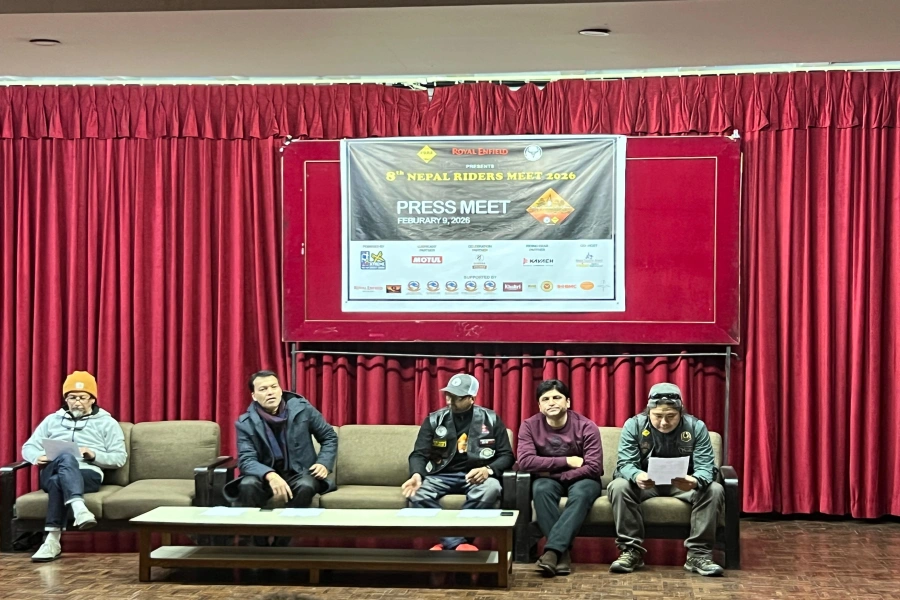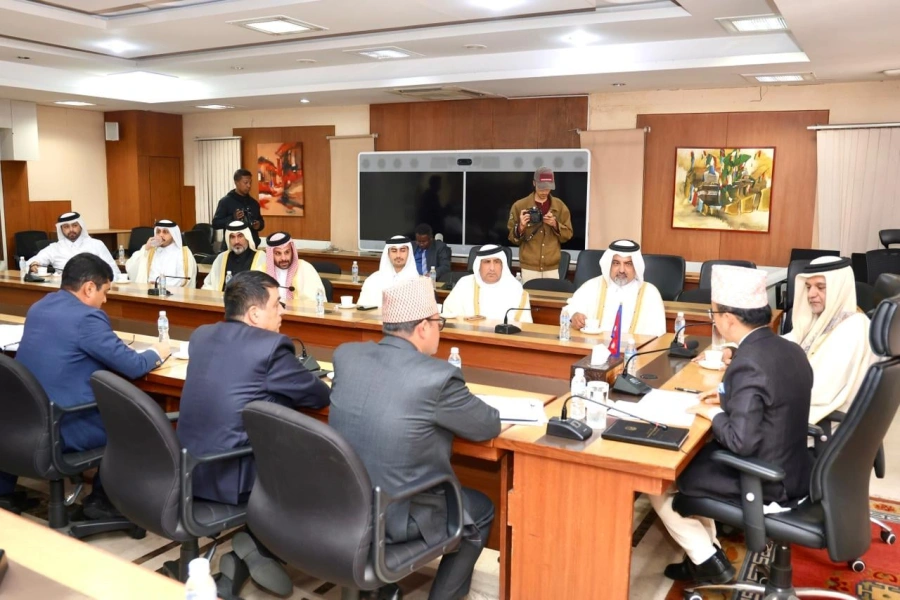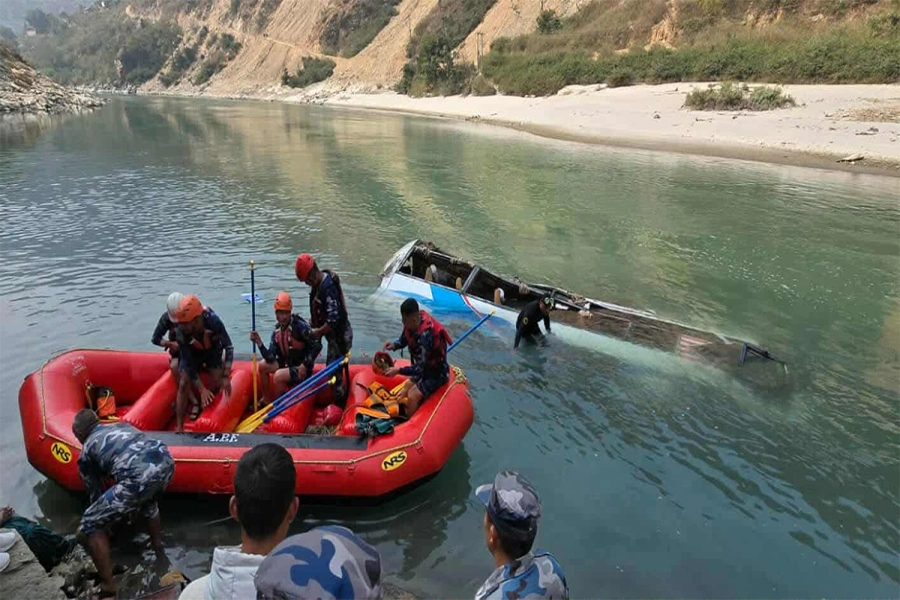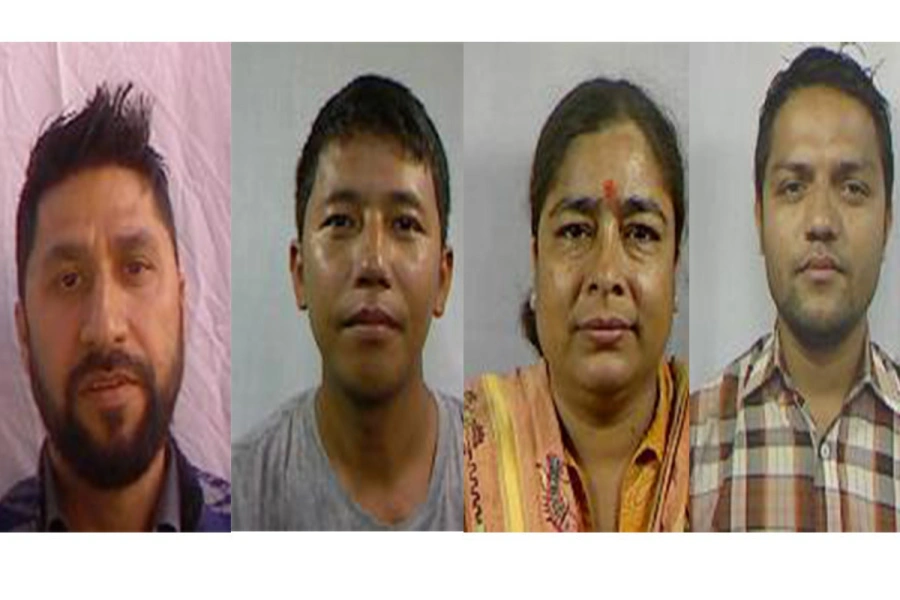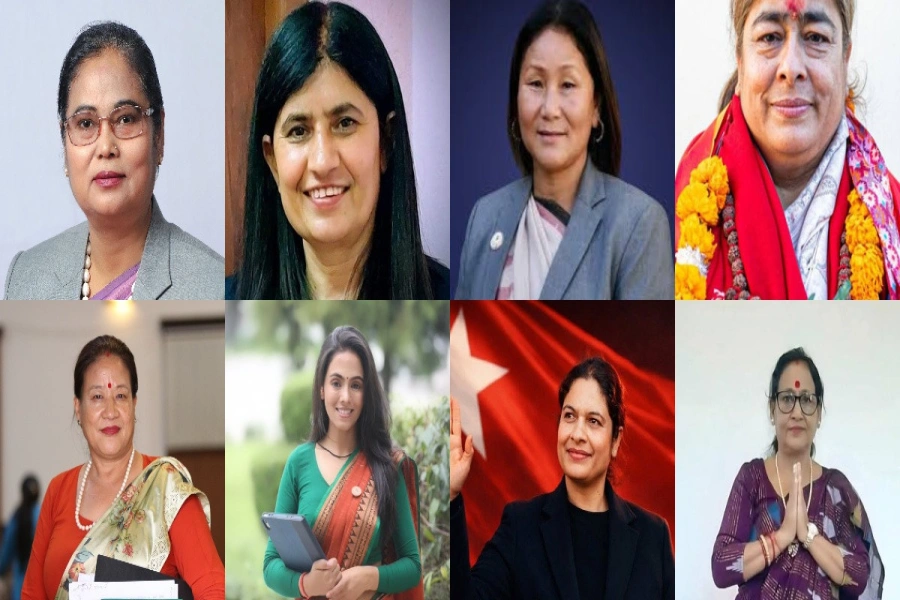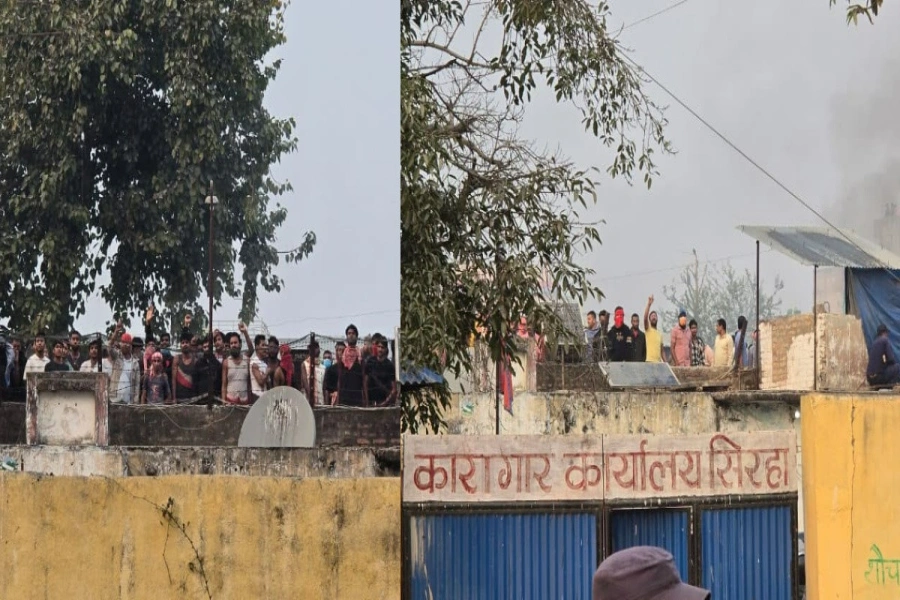NCP ruling against dissent
The secretariat meeting of the ruling Nepal Communist Party (NCP) on Monday made a decision that not only seeks to stifle the expression of dissent among party members but also sends a troubling message regarding the internal democracy of the party. The meeting has imposed a ban on party leaders and cadres from commenting and criticizing each other over the party’s internal affairs and decisions and warned of action against those who violate this rule. This comes in the wake of leaders and cadres criticizing each other in public forums including on social media. The meeting instructed its leaders and cadres to use the party’s internal meetings if they have to criticize each other or party’s policies. Any decision and a stance on certain issues taken by a ruling party, main opposition and other major political parties and debates and disputes taking place within these forces on those matters can never be internal issues. They are matters of public concern and people have the right to know. Restricting members from airing their views against the leadership and the decisions is against the freedom of expression of individuals. Besides, this could force the party members to stay quiet even if the leadership takes wrong decisions or the government makes mistakes.
Nepal Mask Campaign launches with the slogan 'Let's wear masks,...

Some of the NCP members had been vocally criticizing the wrong decisions of the government and such voices had become instrumental in making the leadership heed opposing views and correct wrong decisions. Take the case of Media Council Bill. While the ministers in the government were strongly defending this flawed bill, some of the NCP members spoke against it assuring the media that the bill will be reviewed. Internal democracy is vital for the smooth functioning of any political party. Stifling dissent will not help the party makeover its eroding image. Instead, it will establish the party as an authoritarian force in the eyes of the people. NCP’s logic is that in case the leaders and cadres have issues with the leadership and the government, they can express their views in the party committee meetings. This argument would probably be valid if the party held such meetings regularly. But as things stand, such meetings are held in the long interval of months, sometimes even years. Where will the cadres and leaders express their concerns when they are prohibited from speaking about the party in other public forums including social media?
Understandably, NCP leadership seems to be alarmed by recent exchanges of acrimonies between senior leader Madhav Kumar Nepal and Prime Minister K P Sharma Oli (who is undergoing treatment in Singapore at the moment). Reportedly, Oli and Nepal were involved in a bitter exchange of words over the working style of PM Oli. This ego clash between the two leaders should not be made, if at all, the excuse to silence party members. People will question the democratic credential of NCP if it prohibits its cadres to speak against the leadership or individual leaders. That said, NCP alone need not be singled out. The leadership of main opposition Nepali Congress was also found to issue such ruling to party cadres recently. Such a tendency must be avoided by all parties. Voices of dissent within the party or across the party lines help the leadership to see where they are making mistakes and find ways to correct those mistakes. Leadership should not take such voices as threats. In any case, the ruling such as the one issued by the NCP secretariat will not able to silence the cadres who are calling for broader reforms in the functioning of the government. The sooner NCP realizes this the better it will be for its image.





